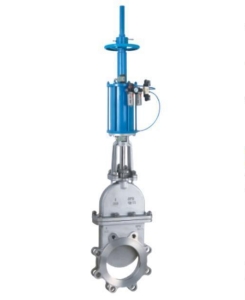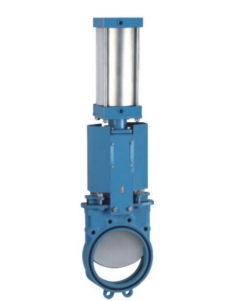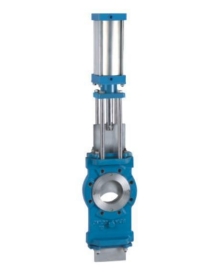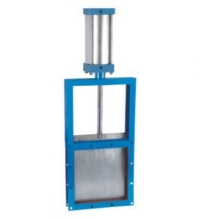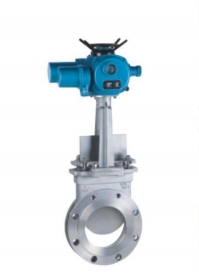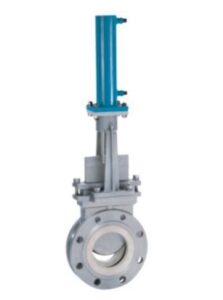
Chemical processing is a vital industry that involves handling chemicals and other potentially harmful materials, so, understandably, these facilities would want to use equipment capable of withstanding these conditions.
Many chemical processes involve dangerous gases, liquids, or solids; therefore, the equipment used in a chemical plant must be able to withstand extreme temperatures, pressures, and corrosive environments. In addition, valves must be manufactured from materials that will not damage or harm the end product and comply with industry regulations.
We look at which chemical-resistant valves are most commonly used in these industries and why they are so popular.
What makes chemical-resistant valves so important?
Chemical processing is a broad term that refers to all processes that use toxic raw materials, including petrochemicals, polymers, and pharmaceuticals. These processes require control valves that can withstand the chemicals and other substances. The chemical processing industry uses many different types of valves, but they all have one thing in common: they must be able to withstand the chemicals being used. When considering the pharmaceutical industry, you must understand that cleaning and sanitization processes are crucial to any plant’s operation. In addition to these procedures, clean-in-place (CIP) and steam injection (SIP) is required for every plant to guarantee that every valve is safe for use with all chemicals and other materials used within their operation.
What kinds of chemical-resistant valves are most commonly used in pharmaceutical applications?
A control valve is a motorized valve that changes fluid flow in a process system from an external controller. There are two basic types of control valves: rotary motion valves which have ball valves, butterfly or closures for poppet valves, and linear motion valves, which have a globe valve or diaphragm closure.
The most common control valves used in pharmaceutical and chemical processing are the diaphragm, globe, and ball valves. In addition, butterfly valves are famous for larger-scale chemical processing.
Ball valves.
Ball valves are used to control fluid flow. The ball valve contains a hollow, pivoting ball within an aperture. When the ball is rotated, it changes the fluid flow through it. It makes them useful for controlling the direction of water, oil, or gas. For example, a quarter-turn will result in a full flow of liquid or gas, often referred to as quarter-turn valves.
Globe valves.
It stops, starts, and regulates flow. Consisting of a stationary seat which a moveable plug is designed to maneuver into using a valve stem, a globe valve can be set to close against the current or in the same direction. With globe valves, it is possible to adjust the flow rate by the opening size. The switch mechanism is generally aligned with the aperture of the ball so that it is easy and quick to establish the valve’s status (open or closed).
Solenoid valves.
Solenoid valves use electricity to control the linear motion of a piston or actuator within a valve. This electronic liquid or gas flow control provided by solenoid valves is often used for control valves in chemical processing because they provide automated actuation and fast response times. In addition, solenoid valves are ideal for fail-safe systems because they can be configured to operate in some cases, even when there is a power failure.
Chemical-resistant valves are an integral part of the pharmaceutical industry’s success and critical to your quality control program. BCST has a wide range of chemical-resistant valves to meet your needs.
For more information on chemical resistant valves, including ball valves, globe valves, solenoid valves, and other control valves to use in pharmaceutical environments, consider BCST’s range of chemical resistant valves specifically designed for use in demanding environments.

